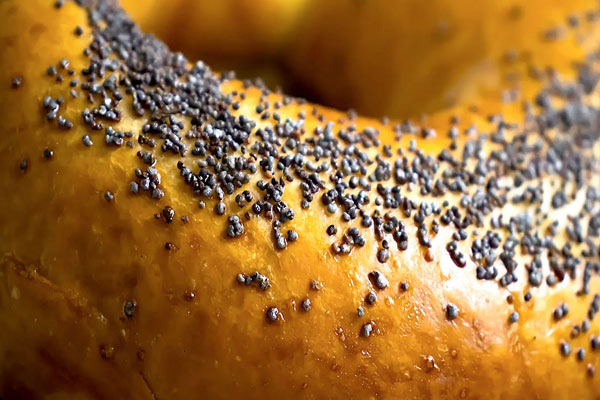POSITIVELY FALSE? –
Sept. 27, 2024 – You may have heard that poppy seeds in your salad dressing or on your bagel can mess up a drug test–triggering a positive result for opiates in your system. Though there are some caveats to this (washing and proper seed processing can remove contaminants and cooking tends to significantly decrease poppy seeds’ opiate content), it’s true that poppy seeds can be a problem. Poppy seeds themselves don’t actually contain opiate compounds, but they’re often adulterated with opiate-containing flower sap during processing. The most frequently used type of rapid drug tests are called immunoassays. These tests vary widely and are made by many companies. Different versions of them can screen for amphetamines, benzodiazepines, PCP, opiates, synthetic opioids, marijuana, and other regulated substances. Antibodies built-in to the tests react with compounds selected to represent likely drug use: Metabolites that the body excretes in urine. However, the tests aren’t looking for the exact target substances they may be used to screen for. McMillin compares them to a wooden game board with slots for marbles–similarly sized and shaped marbles can fit into the same holes.
Another analogy, she says, is a fish net. “A net is designed to catch fish, but doesn’t know exactly what kind of fish it’s picking up,” she tells Popular Science. “The immunoassay is really brilliant in that it can capture all kinds of things that look like fish. If you’re just trying to do a screen, that’s really important…but the consequence is false positives.”



